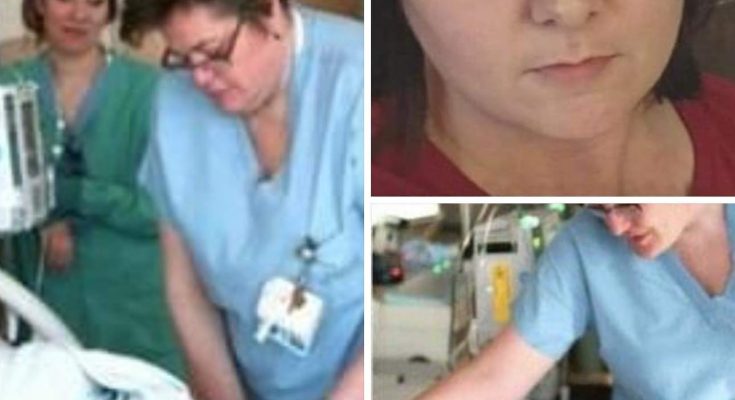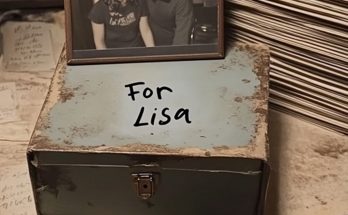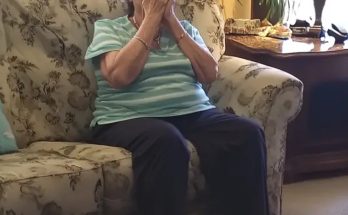Nothing really compares with the pain of losing a child, and in those moments of unspeakable distress, the last thing grieving mothers should hear is how everything is going to be fine, because it never is, and the sorrow doesn’t go away even after so much time.
Rachel Whalen gave birth to a stillborn baby, and that’s when her world collapsed. But this brave mother gathered courage to speak up about the most sensitive topic we all tend to avoid.
She says how she managed to go through her ordeal with the help of the nurses from the hospital where she delivered her baby. These caring and compassionate women provided Rachel with hope during the rough times she was trying to endure.
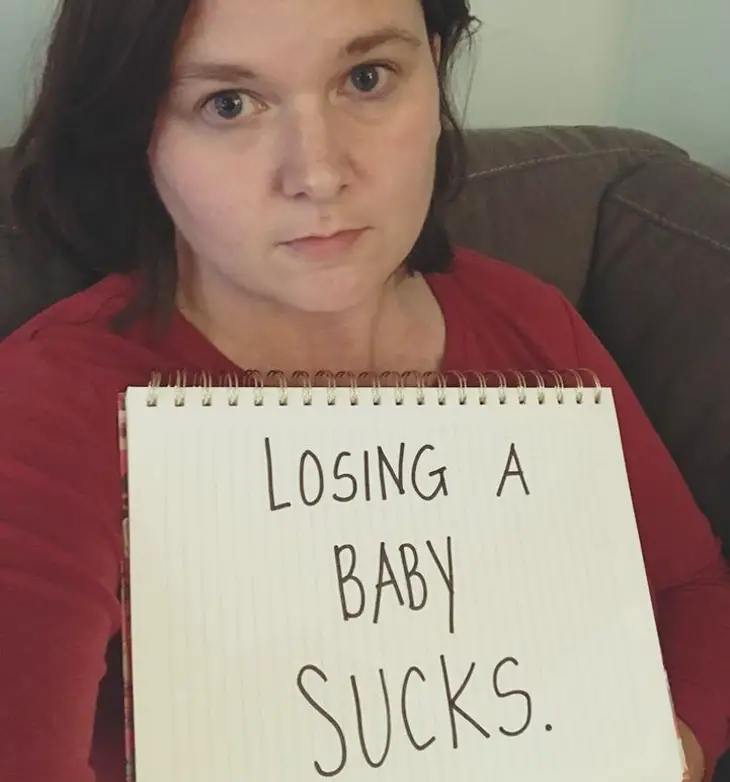
Simply saying “I am sorry for you loss” is never enough.
What truly helps grieving parents in moments like this are the constant care and support. What nurses did for Rachel was exactly that, all the little things they did added up to more than the sum of its parts. She was thankful for their support and wanted them to know how much she appreciated what they did for her, so she wrote a letter on her Facebook page saying:
“To the nurses, Thank you for saving me. Your skills and your knowledge saved me from following my daughter into death, but it was your compassion that guided me back towards life. The humanity you demonstrated is what brought me back into life; you made it possible to think about living after death. For this, I owe you my love and deepest gratitude. Thank you to the nurses who always made sure my husband had enough pillows when he had to stay in my hospital room. And thank you to the nurses who let him sneak popsicles from the freezer. You recognized that this was an experience for him and that he also needed your care.”
Rachel wants to highlight that although doctors are those who help keep patients physically alive, the nurses have even more important job, that of keeping the patient’s spirit up, and not letting them fall into depression. In situations like Rachel’s, nurses are also aware that the father is experiencing the same pain.
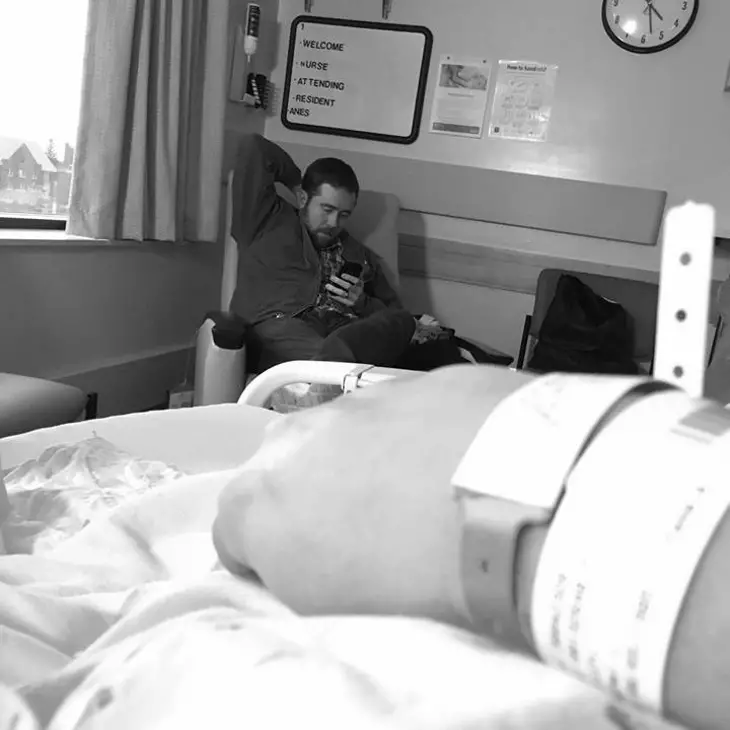
The nurses at the hospital were her guides and escorts, literally taking her to to exactly where she needed to be so that her own life could be saved.
“Thank you to the nurse who came with me when they rushed me to the ICU from Labor & Delivery. Thank you for being my advocate when I couldn’t speak up because I was too busy fighting for my life. I’m not sure I would have lived to see my daughter if you hadn’t been there. Thank you to the nurse who taught me how to fill my bra with ice packs when I needed to suppress my milk after my daughter was stillborn. I also want to thank you for holding me as I wept at the burden I could not release. Your embrace did nothing to lighten the heaviness in my breasts, but you brought a glimmer of light into my very dark world. Thank you to the nurse in the ICU who came in to clean me up after my daughter died. Thank you for taking the time to help me wash my face and brush my hair. I can still sense how it felt to have you smooth my hair back into a ponytail, it was a touch that wasn’t a poke or a prod. It was a gesture.”
In the time when you feel like your whole world turns upside down, the nurses make sure you move on. Their kind gestures and their courage to speak to a mother about her deceased child and even calling it by name means they acknowledge that the little soul is never dead in the heart of the parents.
“Thank you to the nurse who crouched by my bedside and asked me about Dorothy. Thank you for knowing how important it was for her to be real even though she was gone. I will never forget the way you leaned in, just like we were friends, and asked: ‘Do you want to tell me about her?’ Thank you to the nurse who dressed my baby and took her picture. Thank you for making sure her hat didn’t cover her eyes and that her hands were positioned so gracefully. That picture means the world to us. Thank you to the nurses who took the time to read my chart before shift change. I want to thank you for learning our names and learning the name of our daughter before you walked into my room. It meant so much to hear our names spoken together. It made us feel like a family.”
The only thing that can help mothers like Rachel during their darkest hour is the admission and the acceptance that what they are going through is real and allowing them to take the time to grieve.
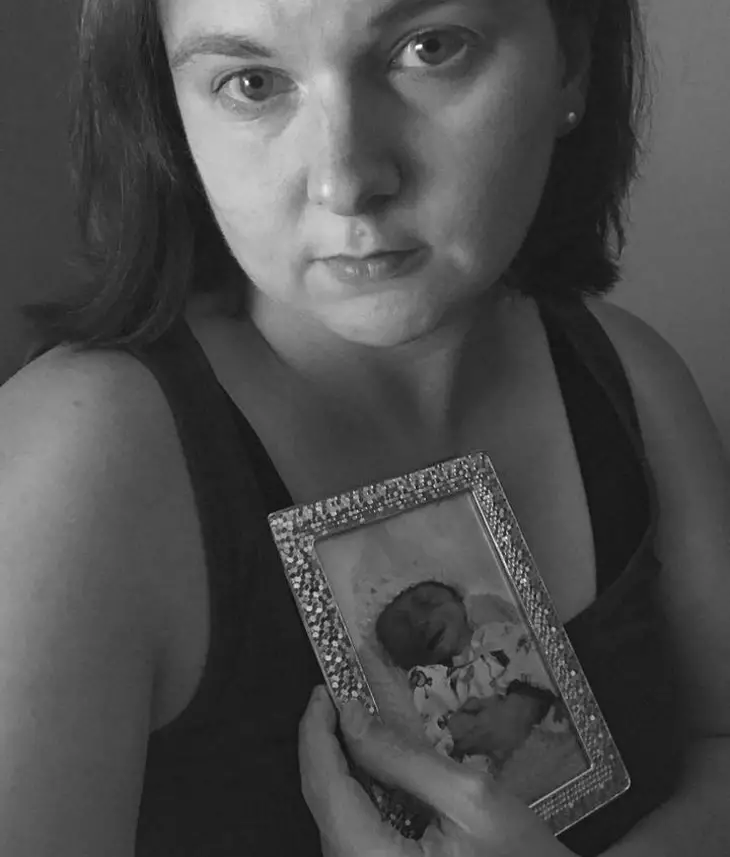
“Thank you to the nurse who slipped quietly into my room on my first night without Dorothy so that you could hold my hand. Thank you for whispering to me your story about your own child who was born still. Thank you for being the first person to lead me out of the isolation one feels after losing a child. Your presence felt too good to be true. I’m still not convinced I didn’t dream you up just, so I could make it through that first lonely night. Finally, I want to thank the nurses who saw me through my pregnancy with Dorothy’s little sister. Even after Frances came into the world, you never forgot that someone came before her. You knew that the birth of Frances did not make me a first-time mother. It made me a mother of two.”
